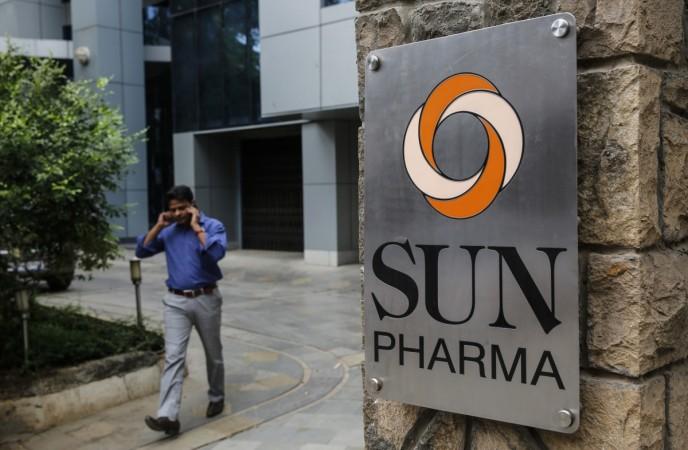
The impact of a recent agreement between the pharma price regulator and industry bodies to cap non-regulated drug margins at 30 per cent remain uncertain, reports show. Some analysts believe prices may tumble for drugs of the general categories, others say there is unlikely to be much difference, at least for now.
The price cap of 30 per cent will help reduce the prices of nearly 80 per cent of formulations, a report on the Economic Times website says. The consensus was reached on Friday at a meeting among the drug pricing regulator, pharma lobby groups and industry associations, the report says citing people present at the meeting.
In a phased manner
The proposed margin cap may affect a wide range of pharmaceuticals, ranging from vitamin D supplements to antibiotics. Non-scheduled drugs, or formulations outside price control, account for Rs 10,000 crore of sales in the Rs 1-lakh-crore Indian drug market, the report said.
"We are Ok with the rationalisation of trade margins. Whatever has been tried out with cancer drugs" fixing trade margins at 30 per cent "we are fine with it. If it has to be extended to other products, it should be done in a phased manner," the report quotes Deepnath Roy Chowdhury, president, Indian Drug Manufacturers' Association (IDMA), as saying.
The Indian Pharmaceutical Alliance, IDMA, and the Organisation of Pharmaceutical Producers of India were supportive and willing to follow the cancer drugs model."
Some analysts said the move was likely to hit big pharma companies with generic divisions, such as Sun Pharma, Cipla and Lupin, as they would have to reduce the maximum retail price (MRP), an still retain the margins to stockists and distributors.

Lobby groups might pressure the manufacturers to compensate stockists and retailers for any loss. The report cites the instance in 2013 when many non-scheduled drugs were brought under price control. The stockists and retailers then forced manufacturers to continue to pay them a minimum 30 per cent margin against the stipulated 24 per cent for price-controlled drugs.
Mankind Pharma chairman RC Juneja described the proposal to restrict trade margins at 30% as "pro-consumer" and said the move had the backing of the industry.
A couple of reservations
"The Indian Pharmaceutical Alliance, IDMA, and the Organisation of Pharmaceutical Producers of India were supportive and willing to follow the cancer drugs model. There were a couple of reservations. The All India Chemists and Druggists Association sought higher margins of 12.5 per cent (for stockists) and 25 per cent (for retailers)," the report said quoting another unnamed source.
Some analysts say that the price control regime already caps margins at 30 per cent distributed over retailers' 20 per cent and wholesalers' 10 per cent. Phillip Capital analyst Surya Patra said that because of that there may not be a significant fall.






